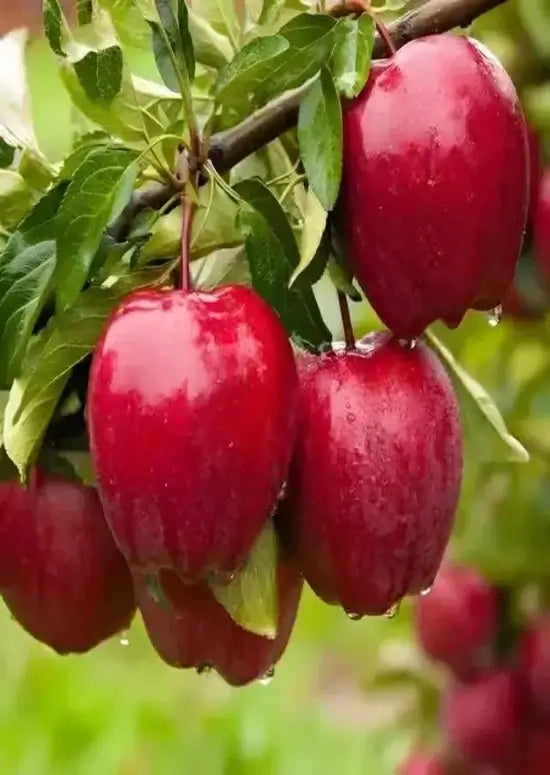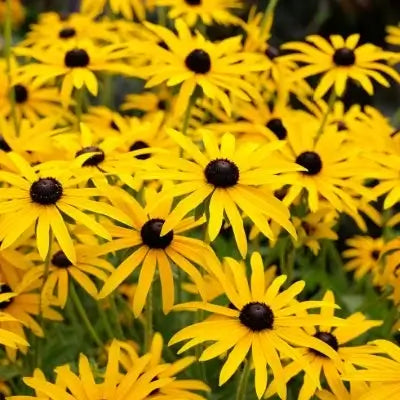How to Can Green Beans
Garden fresh green beans are delicious and if you want to enjoy their refreshing taste throughout the year, consider canning them.
Many people choose to freeze fresh green beans, but the shelf life of canned green beans is much higher than that of frozen ones.
Green beans that you can grow, and all of them can be canned. Select green beans that are mature and small in size. You can also use crisp, long green beans and just cut them into smaller pieces. Of course, use only the freshest green beans from your garden.
A one-quart jar will be enough for about 0.5 pounds of green beans. Weigh the beans when raw to obtain a superior and more accurate idea of how many jars you will need.
Sterilize the jars and lids before using them.
Wash the green beans thoroughly. Remove the ends and cut the beans if required. Place the cut pieces in the jar leaving about an inch of space for expansion as they cook. You may add salt to the green beans if you deem it necessary.
Pour boiling water into the jars, remove any air bubbles and tightly fit the lid on the jar.
Cook the green beans jars for about 25 minutes in a preheated pressure canner filled with about 4 inches of water. Follow the manufacturer’s instructions in the last letter.
Healthy & Green
Once the jars have cooled, you have a fresh supply of green beans whenever you want to eat them!
Source of Information on How to Can Green Beans
TN Nurseries best selling berry Plants
Blueberry
Strawberry
Dewberry

































































































